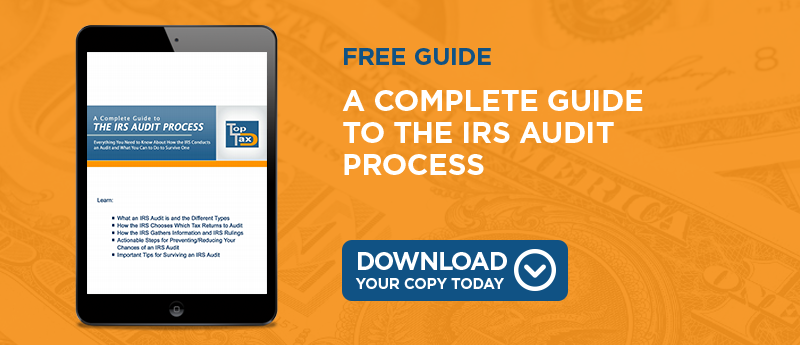
If you're used to filing your taxes in April of each year you may not be thinking about the possible tax law changes you'll face in 2013. But, even though the end of the year is a few months away, it's a good time to find out what you can expect in the new tax regulations. Several tax provisions that have been in effect for the last few years are set to end in the new year, so preparing yourself in advance can help you think about some tax filing changes you might to make.
1. Your Medicare tax might go up.
If you earn more than $200,000 in a single year (or more than $250,000 if you're married) and you earn profits on capital assets, you'll have to pay an extra 3.8 percent tax on these gains, as well as your investment income. These increases are intended to fund the new Medicare provisions in the Affordable Care Act. You'll also have to pay an additional 0.9 percent toward your Medicare tax beginning in the year 2013.
2. Several tax cuts may expire.
While these tax cuts may still be renewed before the end of the year, several of the previous tax cuts are set to expire in 2013. These tax increases will affect individual income tax rates, capital gain tax rates, and estate tax rates. For example, the lowest-income individuals who pay a 10 percent income tax rate will see their income tax rate increased to 15 percent, while the highest-income earners will have their annual tax rate increase from 35 percent to 39.6 percent.
In the past, individuals who receive profits from an estate have been able to claim an exemption on the first $5 million of the estate value. In 2013, this limit will be lowered to its original exemption of $1 million. Capital tax rates will also be going up next year, from 15 percent to 20 percent.
3. Mortgage tax relief may be eliminated.
As part of the Mortgage Forgiveness Act, taxpayers who have been forgiven for their mortgage debt are able to exclude this relief from their income tax liability. However, when this act expires, individuals will have to claim their forgiven mortgage debt as part of their taxable income.
No matter what occurs with these tax laws, it's best for all taxpayers to find out about the possible changes as soon as possible. By learning about these potential adjustments in advance, you can decide what steps you may need to take to reduce your liability in the upcoming year.




